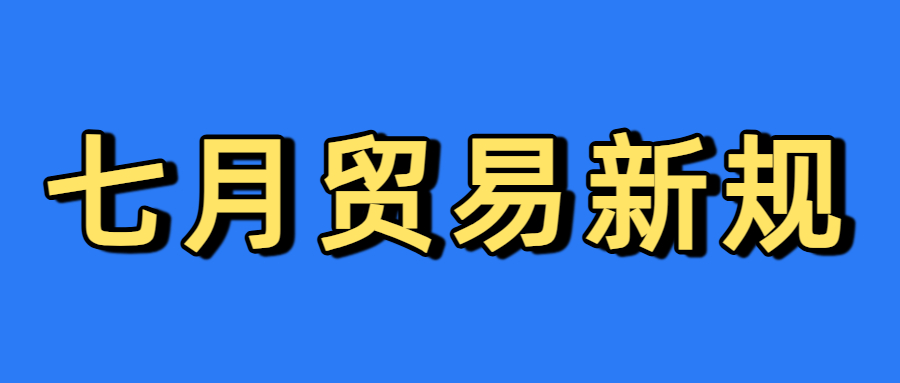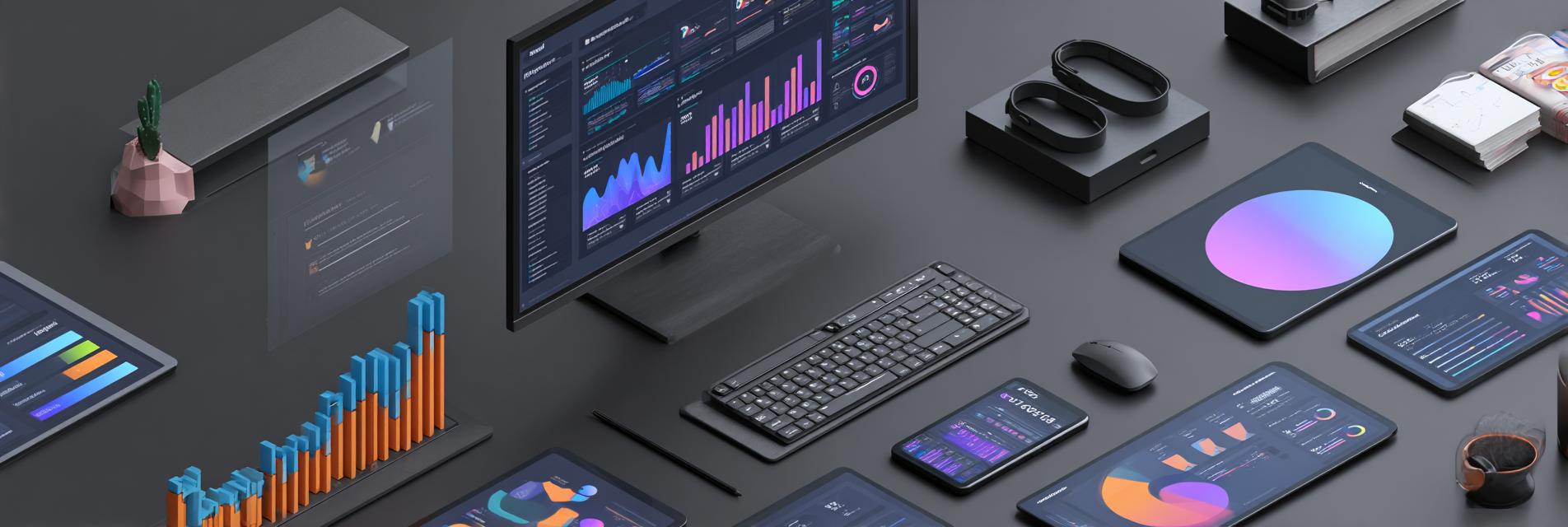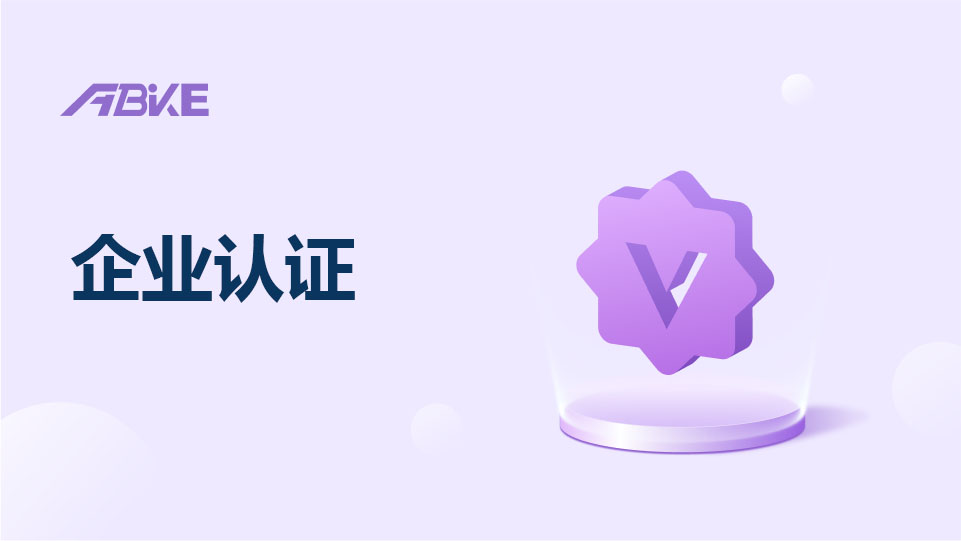 400-076-6558智领未来,外贸超级营销员
400-076-6558智领未来,外贸超级营销员
 400-076-6558智领未来,外贸超级营销员
400-076-6558智领未来,外贸超级营销员

In the highly competitive global trade arena, obtaining the Israel Standards Institution (SII) certification is a crucial step for businesses aiming to enter the Israeli market, especially for those dealing with household appliances, IT products, and lighting equipment. The SII certification ensures that products meet the specific safety, quality, and performance standards set by Israel, which is mandatory for products listed in the relevant catalogs.
According to industry reports, over 70% of imported products in Israel need to comply with SII - related standards to gain market access. This shows the significance of SII certification for foreign businesses. In the household appliance sector, for example, non - compliant products have a high probability (about 60%) of being rejected at the Israeli customs, causing significant losses to businesses.
The SII has established detailed standards for different product categories. For household appliances, standards cover aspects such as electrical safety, mechanical safety, and energy efficiency. For IT products, requirements focus on electromagnetic compatibility (EMC), data security, and network connectivity. Lighting products need to meet standards related to light output, color rendering index (CRI), and energy consumption.
The SII maintains a dynamic catalog of mandatory certification products. As of the latest update, there are more than 500 types of household appliances, over 300 IT products, and around 200 lighting products in the mandatory certification list. It's important for businesses to regularly check the SII official website for the most up - to - date catalog information to ensure their products are compliant.

The SII certification process generally consists of several key steps: application submission, product testing, factory inspection (if required), and certificate issuance. After submitting the application, the review process usually takes about 1 - 2 weeks. Product testing can take 3 - 6 weeks depending on the complexity of the product. Factory inspections, if applicable, may require an additional 2 - 3 weeks.
Once all requirements are met, the SII will issue the certification within 1 - 2 weeks. However, these time frames are estimates and can be affected by factors such as peak application periods or additional information requests from the SII.
| Process Step | Estimated Time |
|---|---|
| Application Submission | 1 - 2 weeks |
| Product Testing | 3 - 6 weeks |
| Factory Inspection (if required) | 2 - 3 weeks |
| Certificate Issuance | 1 - 2 weeks |
The SII regularly updates its regulations to adapt to technological advancements and new safety requirements. In recent years, new regulations have been introduced for IT products to enhance data privacy and security. For lighting products, there are stricter energy - efficiency requirements to promote sustainable development.
These new regulations can have a significant impact on businesses. For example, the new data - security regulations for IT products may require companies to invest in additional security measures, increasing the cost of certification by about 15 - 20%. However, compliant products are more likely to gain consumer trust and market share in the Israeli market.
When preparing certification documents, businesses should pay attention to the accuracy and completeness of the information. For household appliances, detailed product specifications, user manuals, and electrical diagrams are required. IT products need to provide software descriptions, security protocols, and network architecture diagrams.
One common problem is the language barrier. Most of the SII's requirements are in Hebrew. To solve this, businesses can hire professional translation services or use multi - language support provided by some certification agencies. Another issue is the lack of proper documentation. In such cases, companies can work with the SII to clarify the requirements and provide supplementary materials in a timely manner.

For the household appliance industry, it's important to focus on energy - efficiency improvements and safety features. For example, adding over - current protection devices can increase the chances of passing the certification. In the IT industry, data security and software updates should be emphasized. Lighting manufacturers should invest in research and development of high - efficiency light sources and smart lighting control systems.
Let's take a real - world example. A Chinese household appliance manufacturer was having trouble getting SII certification due to low energy - efficiency ratings. After upgrading their product's compressor and control system, they managed to meet the requirements and successfully entered the Israeli market, increasing their annual sales by about 30%.
To better serve international businesses, the SII provides multi - language support on its official website, including English, Arabic, and French. This helps businesses from different regions to understand the certification requirements more easily. Additionally, the SII regularly updates its regulations and catalogs, and businesses should subscribe to its official newsletters or follow relevant social media accounts to stay informed.
By keeping up - to - date with the latest information, businesses can avoid compliance risks and ensure the smooth progress of their certification process. For example, a European IT company was able to quickly adjust its product design according to the new data - security regulations after receiving the SII's newsletter, avoiding potential certification delays.

Master the full process of SII certification to help your products quickly comply and enter the Israeli market, enhancing your brand's international competitiveness. Click here to learn more about SII certification and start your compliance journey today!
Do you have similar challenges in your industry? Share your specific scenarios with us, and we'll send you 3 case studies of solutions from the same industry.
.png?x-oss-process=image/resize,h_100,m_lfit/format,webp)
.png?x-oss-process=image/resize,h_100,m_lfit/format,webp)

.png?x-oss-process=image/resize,h_100,m_lfit/format,webp)
.png?x-oss-process=image/resize,h_100,m_lfit/format,webp)
.png?x-oss-process=image/resize,h_100,m_lfit/format,webp)
.png?x-oss-process=image/resize,h_100,m_lfit/format,webp)
